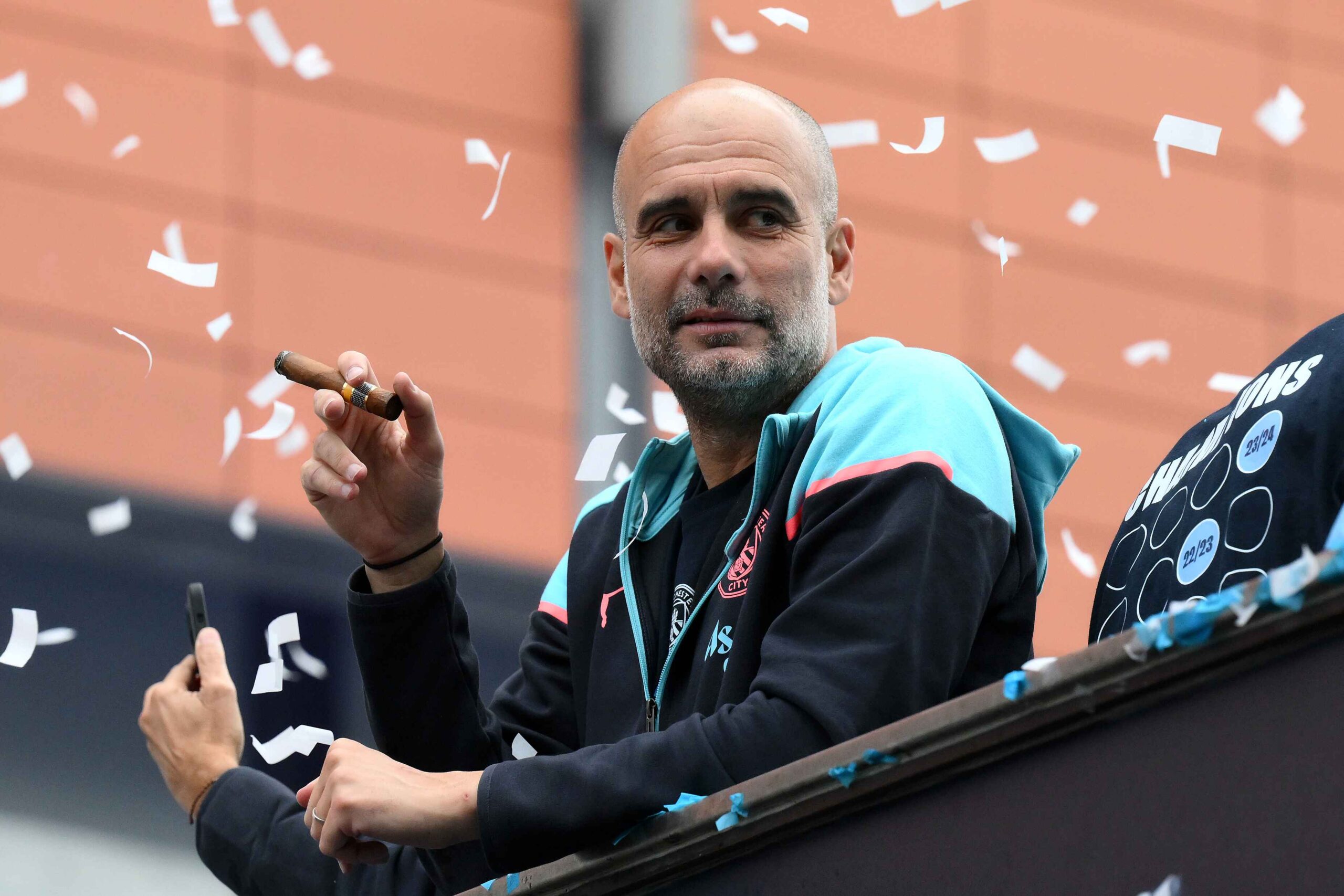In a way, every football match is a chess game played at lightning speed. Wait! Before you shake your head, let us explain. See, one second a player can be charging down the wing. The next, they are making split-second decisions whether to pass, shoot or take on the defender. There is no pause button and no time to hesitate. Great decision-making wins games. The same mental agility skills can be applied beyond the football field. Let’s see how we can apply lessons from great football decision-makers to our own lives.
On The Field
Everything on the field happens in seconds. Footballers, of all people, don’t have time to overthink. The best players see things even before they happen. They scan the pitch like hawks, read the game like a book and trust their instincts. Modric, Messi, and Mbappe–they pass, shoot and tackle with incredible precision. It might look easy but it’s definitely not luck–it’s years of training and utilizing ice-cold composure to their advantage. Just like in online gambling, players use all their knowledge and skills to make smart betting decisions. It also applies to choosing a suitable welcome bonus. AskGamblers has curated a special selection of bonuses for you to choose from. Great bets and bad bets are just one decision apart.
In the Strategy Meetings
If you think about football as a movie, then players would be the actors and coaches the directors. Decisiveness runs in their blood and their abilities are not limited to just picking the team–they create the script. Should the players press high or sit deep? Stick to the plan or change tactics in the middle of the game? Managers like Guardiola, for example, plan every detail. Others, like Ancelotti, go more with a gut feeling. Just like managing risks in online gambling, knowing when to go all in and when to step back is the key. One bad move and the whole game can unravel like a ball of yarn. Some managers make decisions based only on facts, carefully examining each statistic and situation. Others rely on expertise, interpreting the game in real-time and making adjustments based on intuition. Each strategy has its advantages.
Eye In The Sky
Yes, you guessed it. We can’t forget to mention the VAR. In theory, it makes the games fairer. But as time has shown, more often than not, it sparks debates, slows games and sometimes still gets things wrong. Slow-motion replays and multiple camera angles still don’t stop fans from arguing, players from protesting and games from being controversial. But hey, at least the refs get some backup now. They are the true pinnacle of quick decision-making on the field. One wrong call and they’re public enemy number one. And unlike players, they are not allowed to celebrate good decisions–only avoid disasters.
The Sixth Sense
Great decision-making starts in the mind before it happens on the pitch. Players, who are blessed with sharp perception and awareness, anticipate the opponents. You could compare them to T800–scanning, processing and predicting in split seconds. Well jokes aside, awareness alone isn’t always enough. Experience plays a huge role, too. Seasoned players seem to have a sixth sense, making a choice before anyone even notices the danger. They are not robots–it’s years of playing, learning and trusting their gut. Decision-making isn’t just about talent. None of these things would happen without training. Drills, match simulations, and mental exercises all help players think on their feet, stay calm and make smart choices.
Outside the Pitch
Some of the most crucial decisions are also happening off the pitch. The same skills that win matches, also shape success in medicine, life and business. Just think about it. A great manager, whether on the pitch or in an office, requires strategy, teamwork and the ability to adapt under pressure. Doctors and emergency responders? Just like a goalkeeper deciding whether to rush or stay put, they make split-second calls that save lives. In the aspect of personal growth, we can learn a lot from football. We continue staying sharp, learning new things and never letting one bad move define us. As in life so in sport–it’s not just about making the decisions. It’s about making the right ones at the right time.
How To Become Better At Making Decisions
Don’t listen to those who say that decision-making can’t be trained. It isn’t just a skill that people are born with. With proper technique, it can be trained just like muscles in the gym. Mindset, preparation and practice grow your confidence in your choices like nothing else. Want to get better? Start by slowing down your mind (if you experience rushing thoughts and are prone to act out on an impulse). Meditation helps sharpen focus and quiet the mental noise that leads to hesitation.
Another powerful tool is visualization. Many top athletes imagine their decisions before they happen, so when the moment comes, their mind already knows what to do. You could also try one-on-one coaching. Let experts break down your thought process and reveal blind spots you might be missing. Last but not least–embrace your mistakes. You should learn from your mistakes, just like a football player missing a goal would. Ask yourself where you went wrong and what could be done better in the future.
Football, like life, is unpredictable. You can plan, prepare and analyze every detail, but in the end, decisions have to be made in the moment. That’s what makes it exciting. The beauty of decision-making isn’t about always getting it right—it’s about having the courage to choose, learn, and move forward. And maybe that’s the real lesson. Whether you’re on the pitch, in business, or facing a tough call in life, you’ll never have all the answers. But the ones who succeed aren’t the ones who avoid decisions—they’re the ones who make them, own them, and grow from them.


 ADD AS PREFERRED SOURCE ON GOOGLE
ADD AS PREFERRED SOURCE ON GOOGLE


